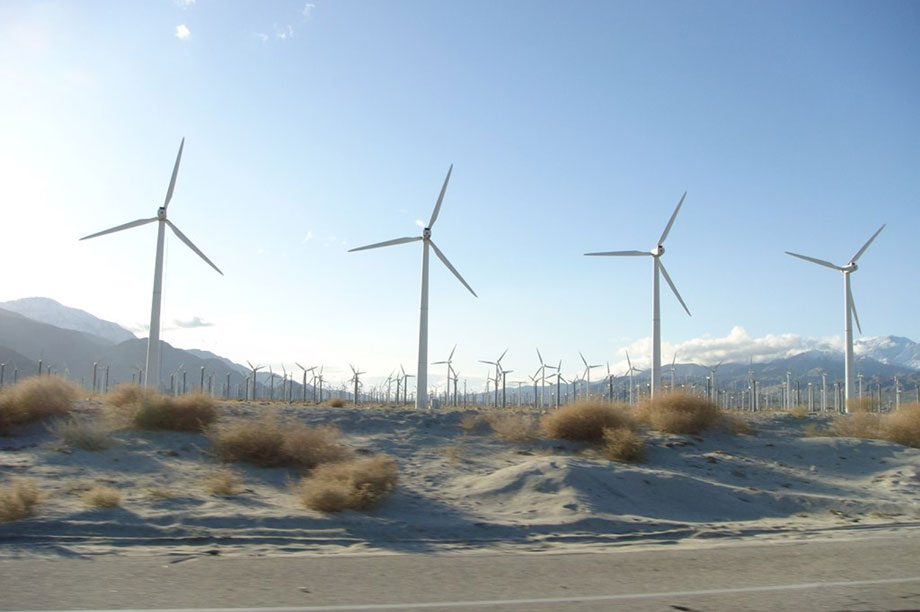Preconceptions over costs have resulted in at least 500MW of solar thermal projects winning power purchase agreements (PPAs) despite being deemed uncompetitive.
Prices of the solar projects, approved by California's public utilities commission (PUC), are not public. But, according to PUC compliance documents seen by “uåX˜äŠÊ˜·³Ç, an independent evaluator described them as "uncompetitive".
At issue is the premise that solar can justify higher prices because wind imposes significantly greater integration costs. But many studies have shown that integration costs for both wind and solar are negligible, according to Ryan Wiser, staff scientist at the Lawrence Berkeley National Laboratory.
"The vast majority of those studies find costs for integrating wind or solar below half a cent per kWh," Wiser said. "So it's not zero, but it's also not something that's going to dramatically change the playing field."
Utility BrightSource Energy is developing two projects of 200MW, while developer Rice Solar Energy is behind a 150MW project - two include thermal storage.
"More than the size of the contracts, I'm worried about the misperception that wind is imposing all these costs on the system - because it's not," said Nancy Rader, executive director of the California Wind Energy Association.
Quotas
The issue is important as wind and solar projects compete for the remaining PPAs needed to reach California's renewables portfolio standard of 33% of energy to come from renewable sources by 2020.
California's three major investor-owned utilities are already reaching their quotas through projects under construction or under contract for near-term development.
"Very few additional contracts are needed to reach 33%, except to replace some of the PPAs that fail," Rader said. "That's why it's important to hold PPAs to a high standard." The solar projects, she believes, are priced higher than wind by several cents per kWh.
The utility companies are already planning for failed projects and are seeking to contract above the targets, according to Wiser. "But if there are a great number of contract failures, it remains to be seen what wins those PPAs."
Yet many observers believe political priorities, at both state and federal levels, are giving solar projects a distinct advantage regardless of costs and benefits. They also believe that solar technology is getting a strong push from the White House.
The PUC did not respond to requests for comment by the time “uåX˜äŠÊ˜·³Ç went to press.

.png)



.png)









